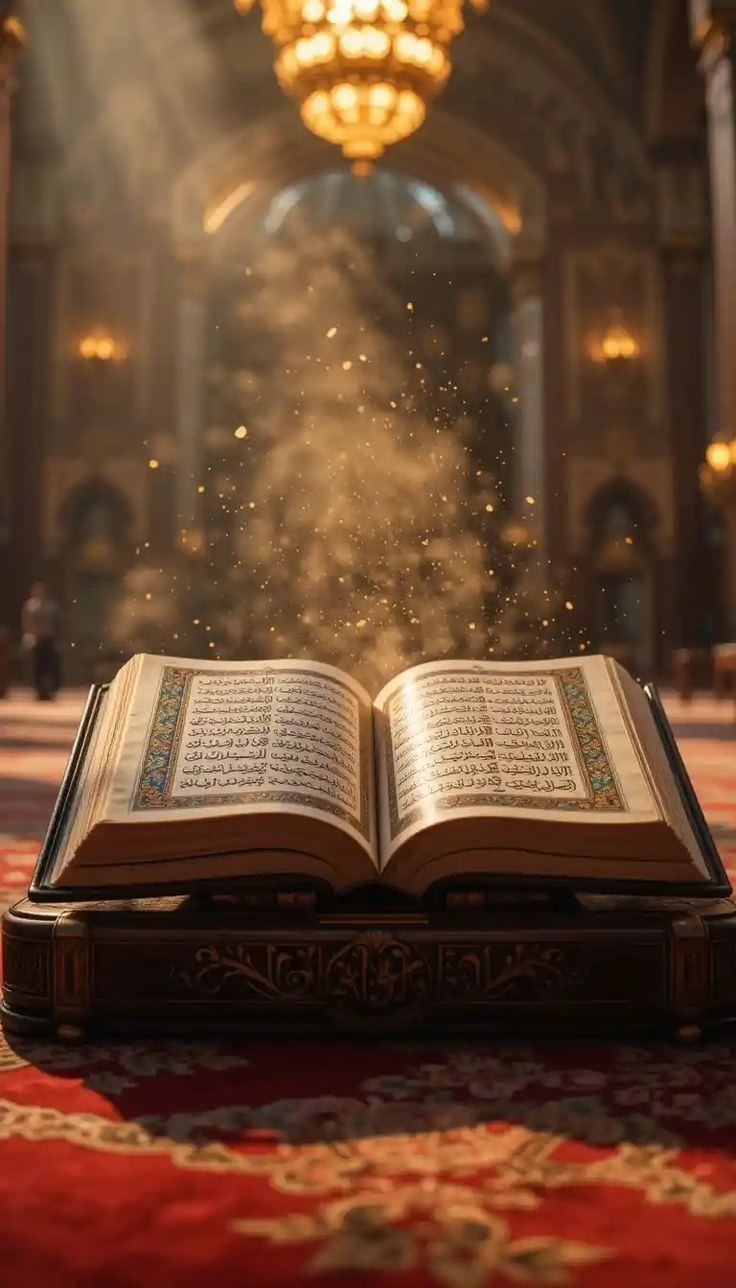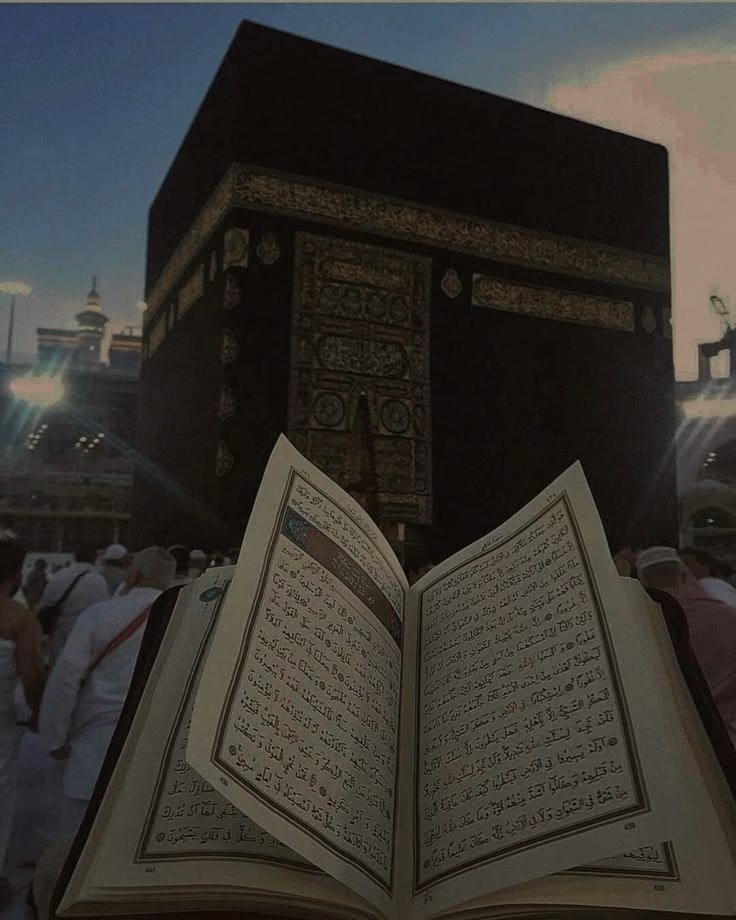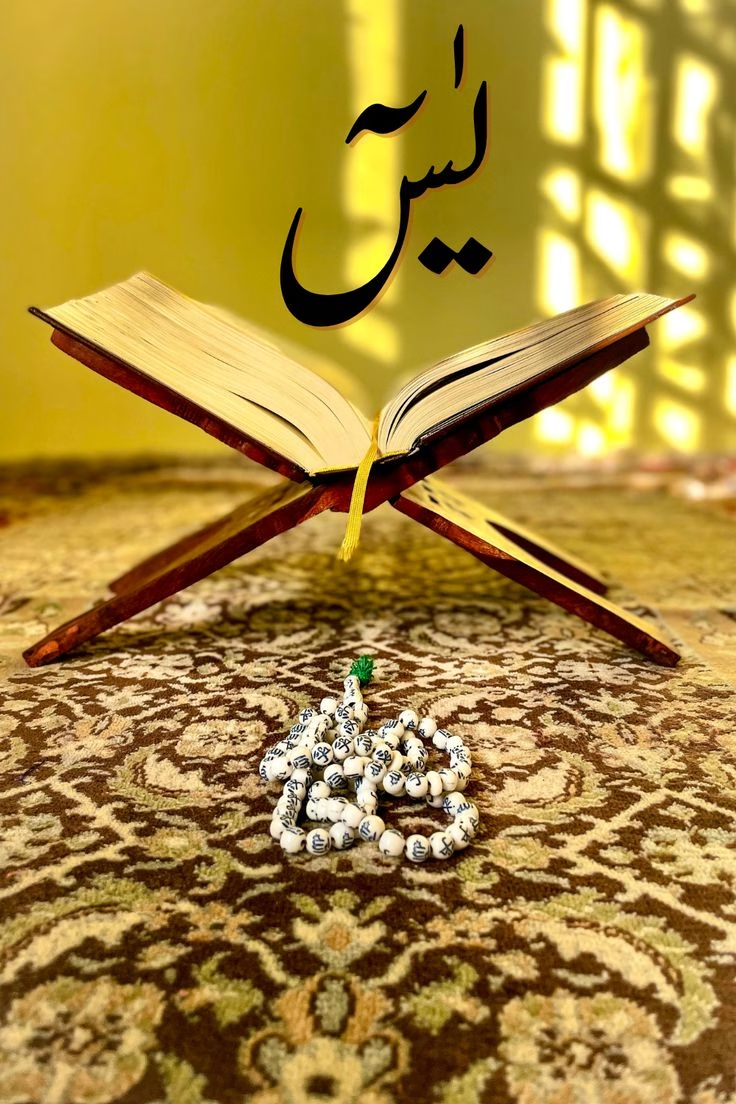Category: Qur’an & Tafsir
Unlocking the Meaning: A Deep Dive into Surah Al-Qiyamah
Unlocking the Meaning: A Deep Dive into Surah Al-Qiyamah Posted on [Insert Date] | Category: Tafseer, Quran, Hereafter Surah Al-Qiyamah (The Resurrection) is a powerful, early Meccan Surah that strikes…

Surah Al-Kahf: A Light for the Modern Muslim
Surah Al-Kahf: A Light for the Modern Muslim Keywords: Surah Kahf, benefits of Surah Kahf, lessons from Surah Kahf, Surah Kahf on Friday, Surah Kahf for protection, Quran reflection,…

Unlocking the Divine Opening: A Deep Dive into Surah Al-Fatiha
Surah Al-Fatiha, “The Opening,” is not just the first chapter of the Quran; it is the spiritual and thematic essence of the entire book. Revealed in Mecca, this seven-verse surah…

Unlocking the Heart of the Quran: A Guide to Surah Yaseen’s Meaning and Virtues
Surah Yaseen: Tafsir, Benefits & Why It’s the Heart of the Quran Discover the profound meaning and powerful benefits of Surah Yaseen. This deep dive explores its Tafsir, the virtues…
